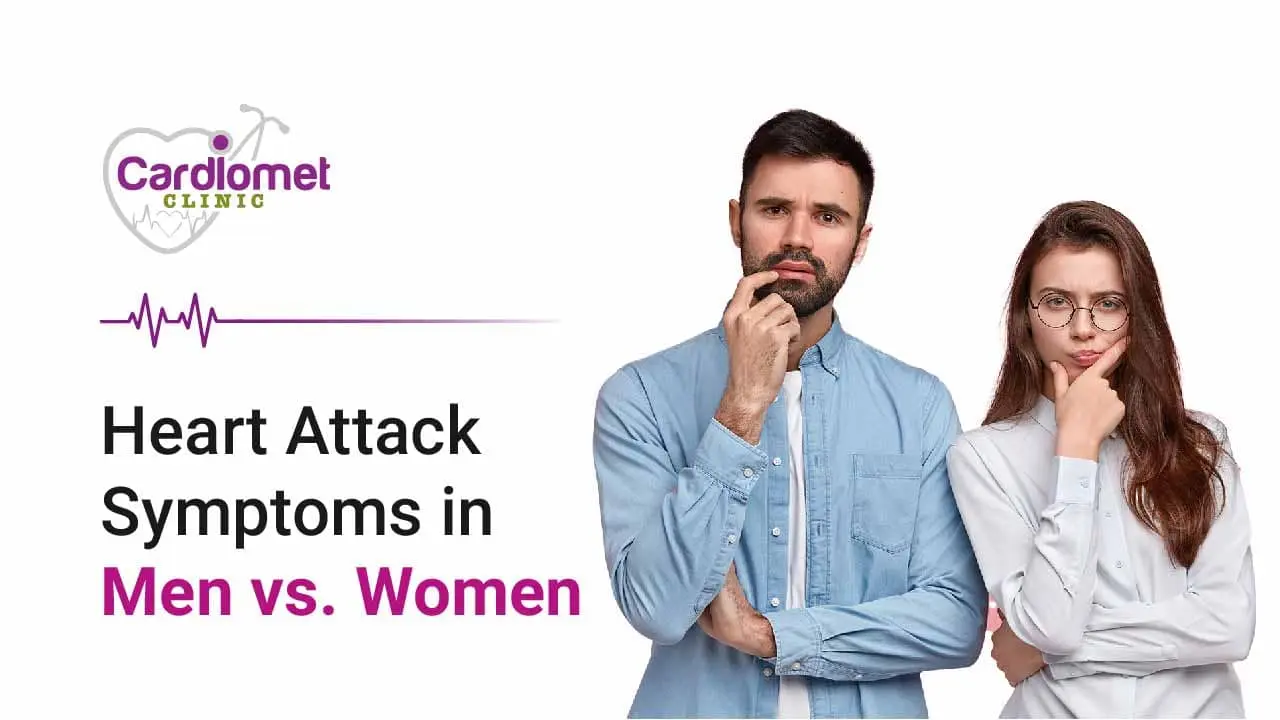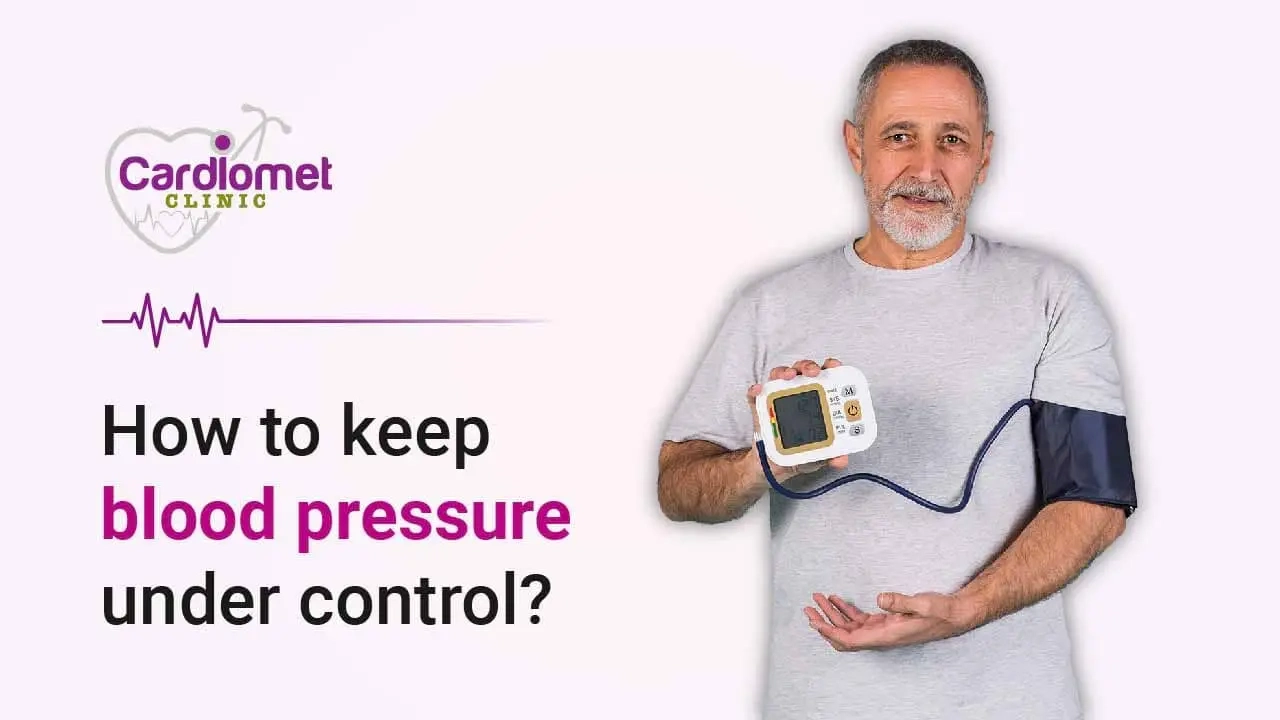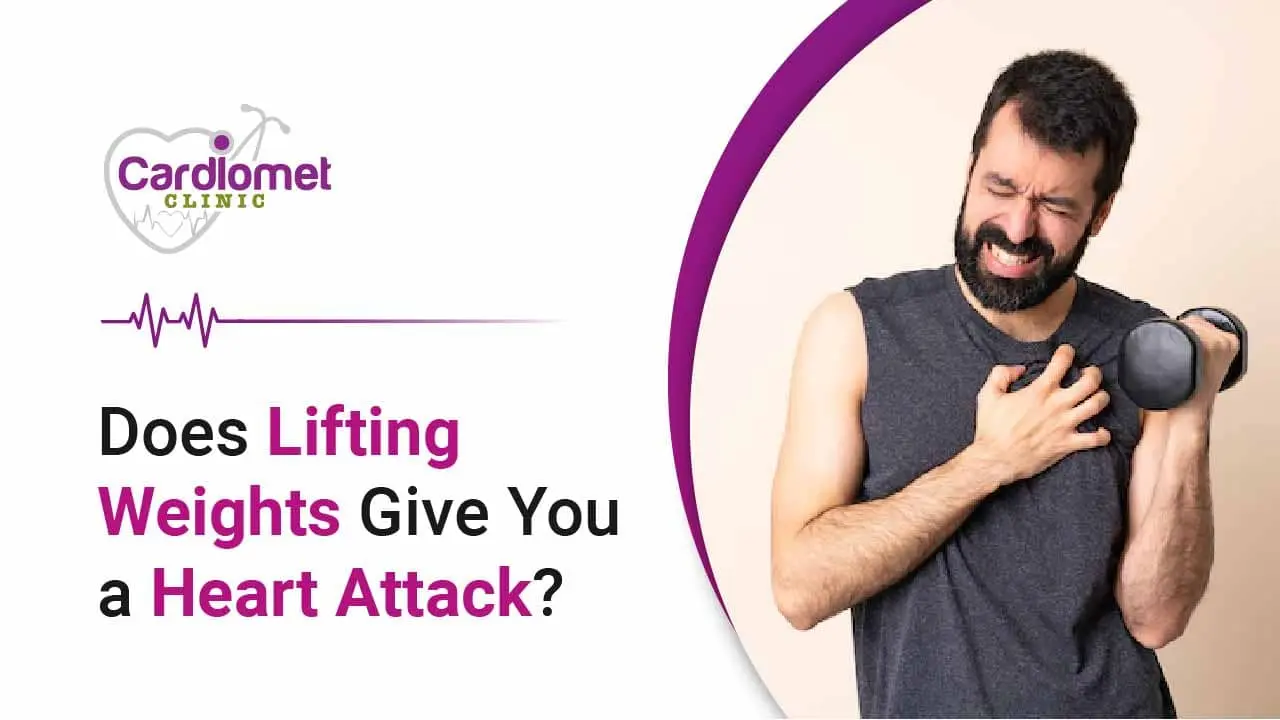Burning sensation in Chest
Chest Pain at Night: Don't Ignore, Act Promptly
Experiencing a Chest pain can be worrisome and might evoke fear, primarily due to its association with heart conditions, including a potential Heart Attack. However, there can be a myriad of reasons Causing that Pain. Chest discomfort at night could be due to Acidity, muscular pain, or indeed a cardiac event. Recognizing these symptoms and acting swiftly is crucial to ensure health and well-being.

Recognizing the Causes of Chest Pain
When chest pain strikes in the middle of the night, it's essential to know the various possible reasons:
- Acidity or GERD (Gastroesophageal Reflux Disease): This condition occurs when stomach acid frequently flows back into the tube connecting your mouth and stomach (esophagus), causing a burning sensation in the chest (heartburn).
- Muscular Pain: This typically arises from strain or sprain in the chest wall muscles and can be worsened by physical activity or movement.
- Heart Conditions: A serious cause of chest pain can be heart-related issues, including heart attack, angina, or other heart diseases.

Identifying Heart Attack Pain
Recognizing the symptoms of a heart attack promptly is absolutely vital for maximizing the chances of survival and minimizing heart damage. The pain associated with a heart attack is unique and can be identified with certain characteristics.
The pain or discomfort is generally experienced in the center of the chest, but it can spread to other areas, such as the arms, neck, jaw, back, or stomach. One of the key distinguishing factors is that this pain often intensifies with activity or walking and then eases slightly with rest. However, it's important to remember that resting alone will not entirely alleviate heart-related chest pain.

Breathlessness or difficulty in breathing is another significant symptom accompanying the chest This can occur with or without chest discomfort. A feeling of being 'winded' or struggling for breath can be a potent indicator of an ongoing heart attack. Interestingly, heavy sweating, even in a cool environment, can also be a symptom of a heart attack.
You may find your skin clammy, and your clothes may get damp even if the temperature is not particularly high. Lastly, some individuals might experience a feeling similar to indigestion or gas. It's not unusual for people to mistake a heart attack for a bout of indigestion. This highlights the importance of recognizing that heart attack symptoms can sometimes mimic other less serious conditions.
A heart Attack is no longer a rare occurrence in today's stressful and fast-paced world. With rapidly evolving lifestyles and mounting health challenges, understanding and Recognizing Heart Attack Symptoms is Crucial for Early Detection and Intervention.
Act Fast and Seek Medical
Attention
When it comes to chest pain, caution should be the watchword. Especially if it occurs at night and causes substantial discomfort, it is crucial to act promptly.
Here's the action plan you should follow:
Firstly, make sure to inform someone close to you about the chest pain. In such situations, it's always beneficial to have someone nearby who can assist you, provide support, or make crucial decisions when you're in distress.
A trusted person could be a family member, friend, or neighbor who can rush you to the hospital or call an ambulance. Secondly, don't waste time in seeking medical attention. Immediately visit the nearest hospital and get a medical check-up. Remember, "time is muscle," meaning the longer you wait to seek help, the more heart muscle could potentially be damaged if a heart attack is indeed occurring.
Lastly, and most importantly, do not ignore the chest pain. Disregarding chest pain can lead to devastating consequences, especially if it's Heart-related. It's better to get an 'all clear' from a health professional than to risk a serious heart condition going undetected.
Your health should always be your top priority. Remember, it is never an overreaction to seek help when experiencing chest pain; it's simply taking an important step in safeguarding your health.
Heart attacks are very random and can impact even a healthy-looking individual. Unfortunately, there is no single medicine that can prevent heart attacks. But there are Certainly a few lifestyle changes that you can make to reduce the risk of a heart attack. Let's take a look:
Wrapping Up
Night-time chest pain can be frightening and uncomfortable. It might be your body’s way of signaling that something isn’t right, and you need to listen to it.
Never overlook such symptoms, regardless of their severity. Early recognition and appropriate medical intervention can make all the difference when it comes to conditions like heart attack. Remember, it's always better to be safe than sorry. Stay vigilant about your health and well-being.
Finally, to learn more about this topic, be sure to watch the accompanying video till the end. Knowledge is power, and understanding the signs, causes, and appropriate response to chest pain could potentially save a life, maybe even yours.Stay healthy, stay informed, and don't hesitate to seek medical help when you need it. Your health is your greatest wealth.




